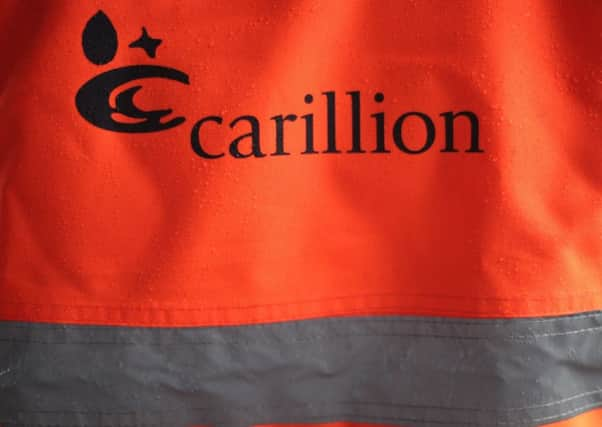Comment: Proportionality needed in post-Carillion audit reforms


The construction and services company, which had employed 16,000 workers across the UK, was part of a select group of private contractors awarded lucrative contracts by government. At the time of its demise, it was estimated that Carillion had 57 construction projects on its books, worth around £5.7 billion.
Despite issuing three profit warnings in the six months prior to its collapse, Carillion was still being awarded large public service contracts. Meanwhile, its remuneration board was paying out substantial salaries and bonuses to senior executives despite its declining financial performance and a sizeable pension deficit.
Advertisement
Hide AdAdvertisement
Hide AdCarillion’s audit processes failed as neither its directors nor auditors developed a true sense of the assets, liabilities and cash-generation of the business. The inquiry into Carillion’s downfall noted the Big Four firm KPMG “complacently” signed off “fantastical figures”.
We are likely to see further guidance being issued that applies to the rules of all company audits. In owner-managed businesses, where there is no separation between ownership and control (i.e. - the directors are the shareholders), increasingly onerous regulation through the adoption of a top-down approach is, however, likely to prove excessive for many SMEs, creating a layer of unnecessary cost and administration.
Any UK company with 50 or more employees, a turnover of £10 million or greater and assets of more than £6.5m is required to be audited. That makes many smaller, modest-sized businesses, which are far less complex in comparison to a behemoth like Carillion, required to go through a similar process to their larger counterparts.
Any changes to the standards must therefore be scalable, taking into account the different motives at play and the complexity of the organisation. This could include allowing further audit exemptions for smaller companies or developing a separate, simplified set of standards for small, non-complex entities. This approach would benefit many SMEs as auditors would minimise the time spent on documenting issues likely to be of little relevance to a smaller business and more time adding value through checks and analysis. The evolution of data analytic technology can greatly assist in this process. While the downfall of Carillion underlines the need for reform in the audit profession, we need to see a measured approach from the regulator. A tiered system ensuring thorough processes are in place for large, financially complex organisations but is also flexible in its approach to smaller firms, enabling less complex entities to obtain better value for money, would be the sensible, fair way forward.
Barry Truswell, head of audit at accountants Chiene + Tait.